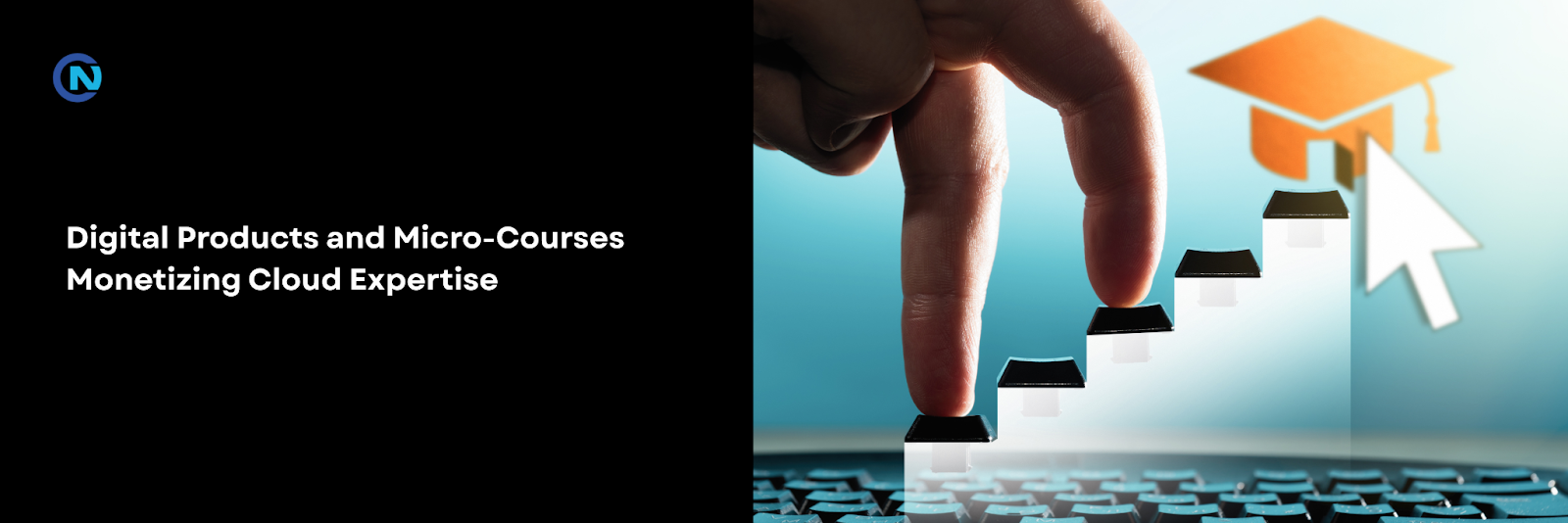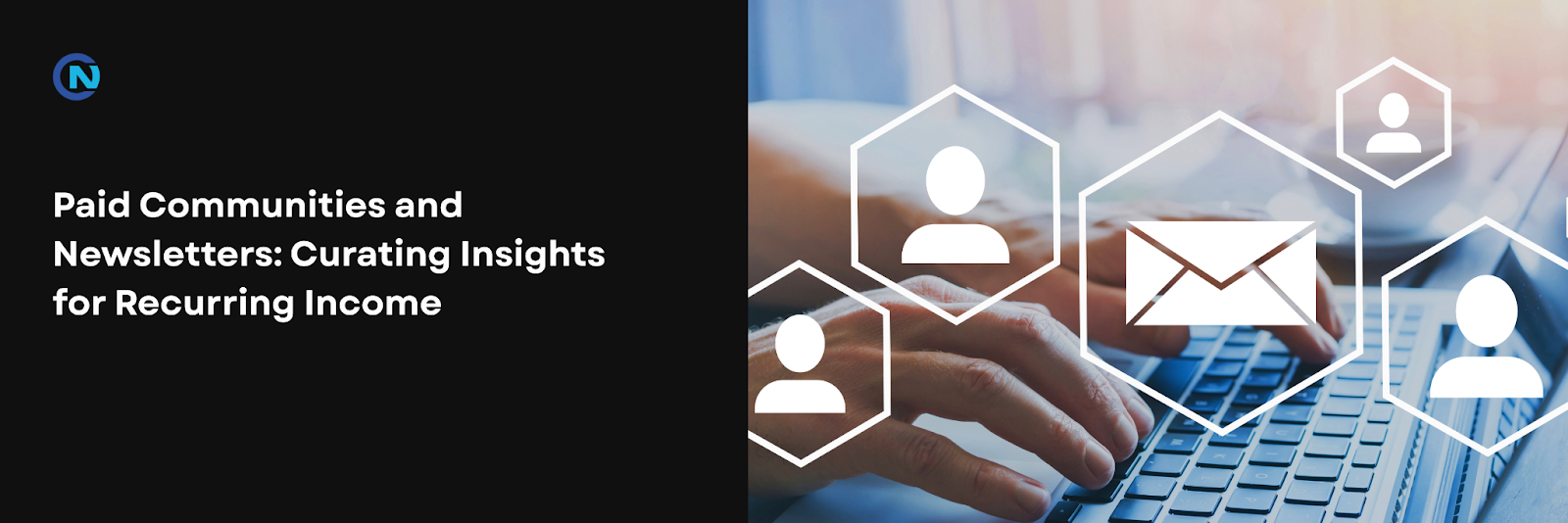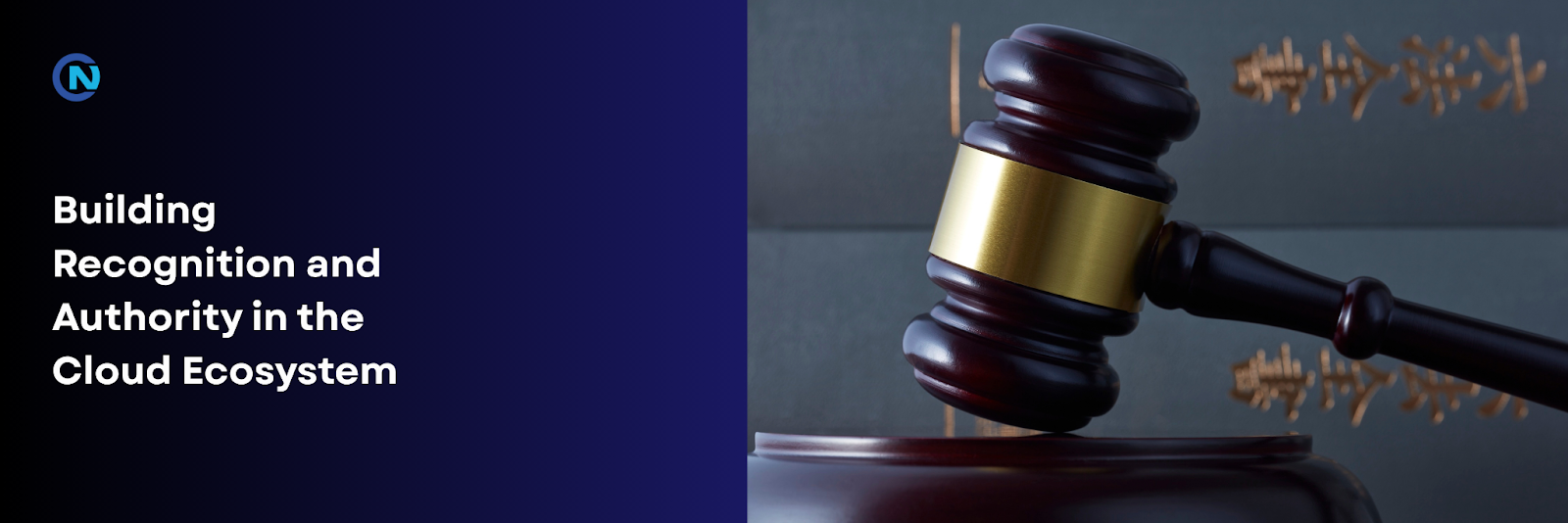
In today’s rapidly evolving tech landscape, cloud computing has transformed from a niche skill to one of the most sought-after expertise areas. Organizations of all sizes are migrating infrastructure and services to the cloud, which has skyrocketed the demand for cloud engineers, DevOps specialists, and cloud architects. Yet, many skilled professionals find themselves tethered to full-time roles, missing opportunities to leverage their knowledge for additional income.
The reality is simple: cloud skills are not just valuable for your primary job they can also unlock new professional opportunities, higher recognition, and additional income streams. Platforms like CloudOps Network help engineers explore these avenues by connecting them with real cloud projects, partner programs, and verified incentive opportunities. By engaging with such ecosystems and building expertise in relevant tools and practices, cloud professionals can not only boost their core career growth but also create flexible income paths and strengthen their reputation in the cloud community.
Mentorship and coaching: sharing knowledge for impact and income
One of the most natural ways cloud engineers can monetize their expertise is by mentoring others. Mentorship is more than a transaction; it’s a chance to codify your experience, guide learners, and reinforce your own knowledge. Whether it’s one-on-one coaching sessions, group workshops, or certification-focused guidance, mentorship can be both personally fulfilling and financially rewarding.
Cloud professionals often find opportunities to coach on areas like cloud career roadmap planning, mock interviews, certification preparation, and portfolio-building guidance. Each of these areas is highly valuable for aspiring cloud engineers who are trying to break into the field or advance their careers.
While live coaching requires active involvement, there’s a strategic way to make it semi-passive. Recording these sessions and converting them into mini-courses or guided tutorials can provide continuous value to future learners. Platforms like Clarity.fm and Upwork Consulting are widely used to reach clients globally. Yet, for cloud-specific coaching and mentorship.
By productizing mentorship, you not only create additional revenue but also position yourself as an authority in the cloud ecosystem. This recognition can lead to invitations to speak at webinars, write for blogs, or collaborate on cloud projects, further extending both income and visibility. Over time, these mentorship activities create a strong personal brand that continues to attract clients, even as your full-time responsibilities grow.
Digital products and micro-courses: monetizing cloud expertise

Cloud engineers often underestimate the potential of creating digital products. Simple tools, learning kits, or micro-courses can have a substantial impact without demanding the full-time involvement required by a conventional job.
For instance, consider developing cloud templates, hands-on labs, or learning kits that simplify complex cloud workflows. These could range from ready-to-use Terraform scripts to pre-configured Kubernetes deployment templates. Learners and smaller organizations are willing to pay for materials that save them time and reduce trial-and-error learning.
Similarly, micro-courses that focus on niche cloud topics like container orchestration, serverless computing, or cloud security can be packaged and sold online. Even a short series of 30–60 minute recorded lessons can generate recurring revenue, especially when offered to learners preparing for certifications or building practical portfolios.
Another emerging trend is the creation of small SaaS tools or automation scripts targeted at cloud and DevOps professionals. These don’t need to compete with giants like Datadog or Terraform, but instead solve specific problems. Examples include:
- Cost estimation tools for AWS workloads
- Cloud policy compliance checkers
- Kubernetes resource visualizers
- CI/CD pipeline health dashboards
- IAM or permission auditing tools
- Configuration drift detection scripts
These tools can be built using serverless platforms like AWS Lambda, Google Cloud Run, or Azure Functions, often with minimal upfront investment. Once deployed, they can generate recurring revenue while also positioning the engineer as a problem solver in the cloud community.
Even smaller contributions, like sharing pre-built templates or scripts publicly through blogs or communities, can indirectly lead to paid opportunities, such as freelance projects, consulting requests, or sponsorships. Over time, these micro-products create a portfolio that reinforces your expertise and expands your professional network.
Paid communities and newsletters: curating insights for recurring income

The cloud industry moves at an extraordinary pace. Every week brings new services, tools, and best practices that can feel overwhelming for professionals trying to keep up. This creates a unique opportunity: curated insights and expert communities are in high demand.
Cloud engineers can launch paid newsletters or subscription-based communities to deliver carefully curated content. The value proposition is simple: you save your audience hours of research while providing actionable guidance. Potential content includes:
- Weekly updates on cloud platforms and DevOps tools
- Hands-on labs and architecture patterns
- Certification preparation tips and learning resources
- Job market trends and career advice
- Deep dives into specific cloud services
Platforms like Substack, Ghost, or Patreon are ideal for newsletters, while Discord or Slack can host subscription communities. Even a modest subscriber base, say, 100 members paying $10 per month, translates to a recurring income of $12,000 per year.
Building recognition and authority in the cloud ecosystem

Generating income is only one part of the story. Equally important is building professional recognition. This often comes from publishing labs, contributing articles, or creating reproducible templates. By doing so, cloud engineers not only showcase their skills but also attract opportunities for collaborations, mentoring, and consultancy.
Verified cloud professional profiles on platforms like CloudOps Network enable professionals to showcase their skills, build credibility, and differentiate themselves to clients or companies seeking cloud expertise.
Additionally, sharing insights on social media channels like LinkedIn, Twitter, or Medium can amplify reach and credibility. Case studies, labs, or tutorials posted publicly can attract clients, sponsors, and community members organically. This approach creates a virtuous cycle: recognition draws attention, which leads to more opportunities, which strengthen recognition further.
Combining multiple streams: the synergy of mentorship, tools, and community
The most successful cloud professionals don’t rely on a single income source. Instead, they integrate mentorship, digital products, and community-building to create a comprehensive ecosystem of value and income.
For example, an engineer might start by mentoring juniors and recording those sessions as a micro-course. They then publish hands-on labs and templates through their newsletter or community. Concurrently, they develop small cloud automation tools or monitoring scripts that subscribers and clients can use. Each element reinforces the others: mentorship enhances authority, content drives community growth, and tools solve practical problems for paying members.
This multi-pronged approach not only creates revenue but also solidifies your standing as a recognized cloud professional. Recognition, in turn, fuels further opportunities, creating a feedback loop that combines learning, earning, and influence.
Success stories and real-world impact

Consider the journey of many cloud engineers who have leveraged these strategies. Some started with mentoring juniors in AWS and Azure certification prep. Recording these sessions and converting them into structured mini-courses generated steady passive income while establishing them as go-to experts in the cloud space.
Others focused on building micro-tools like CI/CD dashboards or Kubernetes resource analyzers, which gained traction within small teams and mid-sized companies. Revenue from subscriptions and small licensing fees grew steadily while they continued their full-time jobs.
Meanwhile, those who invested time in creating paid communities or newsletters found that curated insights were highly valued. Beyond income, the recognition they gained translated into speaking invitations, collaboration opportunities, and elevated career trajectories.
These examples illustrate that the combination of mentorship, content creation, and community-building can be highly effective when executed thoughtfully. The key takeaway is that even small, consistent contributions like publishing labs, sharing tips, or offering niche tutorials compound into meaningful income and professional credibility over time.
Getting started: a practical approach
For cloud engineers ready to explore these opportunities, it’s essential to start strategically. Begin by identifying your areas of expertise and the type of content you enjoy creating, whether it’s mentorship, labs, tools, or newsletters. Then, choose one platform to focus on and gradually expand.
- Digital Products: Develop reusable templates, automation scripts, or hands-on labs. Start small and refine over time.
- Communities: Launch a newsletter or paid Slack/Discord group. Share curated insights and actionable content consistently.
Combining these strategies incrementally ensures that the workload remains manageable while steadily building recognition and revenue.
Conclusion
The opportunities for cloud engineers to earn income beyond their full-time jobs are vast and increasingly accessible. From mentoring and micro-courses to digital products, automation tools, and paid communities, there are multiple pathways to monetize expertise while enhancing professional recognition.
By engaging with these opportunities, cloud engineers can not only supplement their income but also establish themselves as influential voices in the cloud ecosystem.
The key is to start small, focus on creating value, and gradually build a portfolio of services and products. Over time, this approach doesn’t just generate revenue; it cultivates reputation, authority, and career resilience in an industry that continues to expand rapidly.


